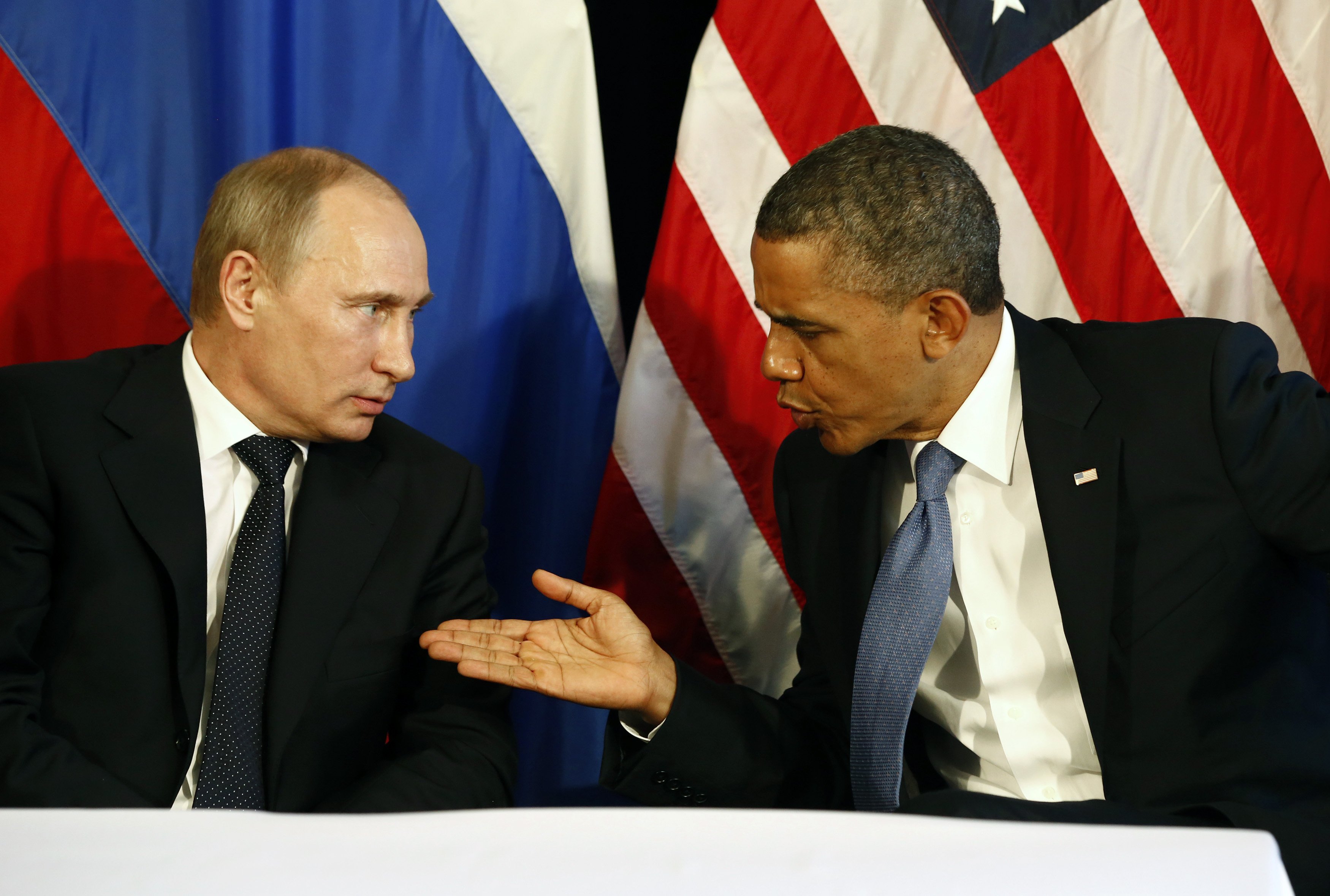
Noam Chomsky highlights three main factors for the decline of US power on world stage; the growing power of public opinion, the power of the ‘mighty’ international institutions and multinational corporations - having significantly undermined the authority of states in the international arena - and finally, the rise of China and Russia as potential rivals and their attempts at challenging the established world order on various fronts is also of major consequence for global ‘leadership’.
Occasionally, states choose to follow public opinion, eliciting much fury in centers of power. One such anomaly was in 2003 when the Bush administration called on Turkey to join its invasion of Iraq, however, 95 per cent of Turks opposed that course of action. To the horror of Washington, the Turkish government adhered to the views of her people.
The Turkish public was not alone. Global opposition to US-UK aggression was overwhelming. Support for Washington’s war plans scarcely reached 10% almost anywhere, according to international polls. Opposition sparked huge worldwide protests, in the United States as well, probably the first time in history that imperial aggression was strongly protested even before it was officially launched.
The impact even led to a front page of the New York Times which read “there may still be two superpowers on the planet: the United States and world public opinion”.
Secondly, Chomsky asserts that one cannot gain a realistic understanding of who rules the world while ignoring the “masters of mankind”, namely the multinational conglomerates, huge financial institutions, retail empires and the like.
In the contemporary global order, the institutions of the masters wield enormous power, not only in the international arena but also within their home states, on which they rely to protect their power and to provide economic support by a wide variety of means.
The rising opposition to the neo-liberal assault highlights a crucial aspect of the standard convention: it sets aside the public, which often fails to accept the approved role of “spectators” (rather than “participants”) assigned to it in liberal democratic theory. Such disobedience has always been of concern to the 'dominant' classes that it frequently faces in the world today.
Thirdly, Chomksy cites the work of Gideon Rachman that usefully summarizes the challenges faced by western power at the outset of 2016. Rachman begins by reviewing the western picture of world order: “Ever since the end of the cold war, the overwhelming power of the US military has been the central fact of international politics.”
"This is particularly crucial in three regions," he informs, "East Asia, where the US navy has become used to treating the Pacific as an ‘American lake’; Europe, where Nato – meaning the United States, which accounts for a staggering three-quarters of Nato’s military spending – guarantees the territorial integrity of its member states; and the Middle East, where giant US naval and air bases exist to reassure friends and to intimidate rivals”.
"The problem of the world order today," Rachman continues, "is that these security orders are now under challenge in all three regions because of Russian intervention in Ukraine and Syria, and because of China turning its nearby seas from an American lake to clearly contested water". Such political muscle flexing does reflect a manifest challenge to the established ‘rulership’ of the world.
This article originally appeared on The Guardian



1732105641-0/BeFunky-collage-(78)1732105641-0-165x106.webp)



1726722687-0/Express-Tribune-Web-(9)1726722687-0-270x192.webp)


1732096230-0/BeFunk_§_]__-(12)1732096230-0.jpg)






COMMENTS
Comments are moderated and generally will be posted if they are on-topic and not abusive.
For more information, please see our Comments FAQ